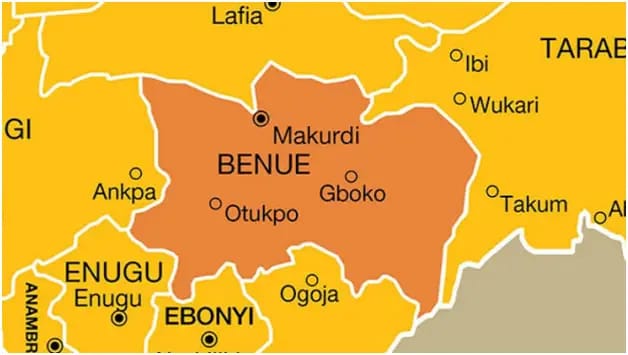The Idoma Area Traditional Council (IATC) of Benue State, Nigeria, has announced sweeping changes to some of its cultural practices that were deemed harsh and barbaric. The council, led by the paramount ruler, Och’Idoma, His Majesty Elaigwu Odogbo John, made the resolutions after wide consultations with rulers, political leaders, and the people of Idoma.
Simplifying Marriage Rites
One of the major reforms is the unification and reduction of the traditional bride price in Idoma land to N50,000 only. Previously, the bride price varied from clan to clan and could be as high as N500,000. According to a report by Vanguard, the council also abolished all forms of stringent conditions, stipulations, and expectations associated with traditional marriage.
The council aims to encourage more young people to get married and reduce the number of unmarried women and single mothers in society with the reform. They also hoped to curb the exploitation and extortion of prospective grooms by some families.
Regulating Burial Ceremonies
Another significant reform is the prohibition of costly and elaborate burial rites in Idoma land. The council said that such practices imposed a heavy financial burden on the bereaved families and sometimes led to disputes and conflicts over inheritance. They directed that families should conduct burial rites within their affordable means and conclude them within two to three weeks from the date of death.
The council also abolished the practice whereby relatives deny and deprive the children and wives of the deceased of their right to inherit the deceased’s property. They stated that such practice was unjust and inhumane and violated the principles of natural justice and equity.
Furthermore, the council banned the practice of returning the corpse of an Idoma daughter from her husband’s home to her paternal home for burial. The council only allows such practice in the case of multiple marriages, where the wife has children for more than one man. They said that this would allow other husbands and children to partake in the burial rites.
The council also prohibited the indiscriminate burial of corpses within and around the community, especially in residential areas. The council said that every community must earmark and designate a place in each village or hamlet as a burial ground to bury corpses.
Preserving Cultural Values
The council stated that they did not intend to erode the cultural values and identity of the Idoma people with the reforms, but rather to modernize and adapt them to the changing times.
They also appealed to the government and other stakeholders to support the development and empowerment of the Idoma people, especially in the areas of education, health, infrastructure, and security. The Idoma people were peace-loving and hardworking and deserved a fair share of the national resources and opportunities.
The council thanked the Idoma people for their cooperation and support and prayed for God’s blessings and guidance.



